As part of the Smithsonian's 2017 American Ingenuity Awards, the organization on Wednesday conducted an interview with Apple CDO Jony Ive, who discussed the beginnings of his career, working at the world's most valuable tech company and creating products used by millions of people around the world.
Ive appeared on stage at Washington, D.C.'s Hirshhorn Museum with Fast Company's Rick Tetzeli, who moderated the wide-ranging hour-long talk covering topics including iPhone and Apple Watch to the legacy of Steve Jobs. Tetzeli recently penned a profile on Ive, a 2017 American Ingenuity Awards honoree, that went live on Smithsonian Magazine's website today.
A number of attendees managed to record audio of the interview, including Alexander Fusté, who posted a full-length version of the chat to SoundCloud.
As has been discussed in previous interviews, Ive said it was during the formative stages of his childhood that he discovered a passion for design. As the son of a silversmith who also happened to teach at the local university, Ive was exposed to the basic tenets of art and design. At Christmas, Ive's father would take him to the school's workshop, where he was able to build everything from furniture to go-karts to tree houses.
Parlaying that love of basic design to his tenure at Apple, Ive still finds the process of coming up with new ideas, and executing them, exciting.
"I love the fact that the day before there wasn't an idea. And I know that sounds naive, but isn't that incredible? That on Tuesday there's nothing except expectation and some pressure, and then on Wednesday there's an idea," Ive said.
With his team of about 20 industrial designers, all but two of whom were present at the Hirshhorn, Ive transforms ideas from words to drawings, then to physical prototypes made at Apple's studio. The process is at first exclusive, Ive said, with only a small group of people working on and communicating about the kernel of an idea. It is only when that first physical mockup is completed that abstract ideas transition into something tangible, making the process much more inclusive.
Speaking about his team, Ive said many members have been working together for 20 years.
"The advantage is that we have so much trust as a team that we don't censor our ideas because we are nervous and scared that they will sound absurd and not very compelling," Ive said.
It is this trust, and not competition, that allows product concepts to take shape. Some of the best ideas come from smallest voices, Ive noted, suggesting that the group at Apple is so successful because trust enables these voices to be heard.
Even with dozens of groundbreaking designs from iPod to iPhone and Apple Watch under their collective belt, Ive still ponders what his team might have missed along the years. Design is inherently unpredictable, a face that makes the process at once exciting and terrifying.
"I just wonder how many great ideas we missed. And I wonder how many great ideas we screwed up," Ive said. "I think that the process is a convoluted, uncertain, unpredictable one, and we are so unbelievably lucky to be doing what we love and to be a participant in this process."
As for Apple's future, Ive said Apple Park will play a big role in pushing new ideas forward. The design team's studio will reside on the fourth floor of the central ring structure and, like other areas of the campus, boasts a layout that fosters collaboration. Importantly, and for the first time, Apple's entire design team, from industrial designers to font developers, will share a single space.
"But what that will mean, and the team here knows just how irritatingly excited I am about this, is that an industrial designer will be sitting next to a font designer, who's going to be sitting next to a sound designer, who's next to a motion graphics designer and a haptics expert and somebody who's used to working on three dimensional figures that are animated, next to a user interface expert, with digital model makers and physical real world model makers," Ive said. "I think that hasn't happened before, and I am really terribly excited about what that's going to yield."
It is this confluence of ideas from multiple experts that enables Apple to build complex products like iPhone, products that add new features and capabilities every year.
Critics have panned Apple's new campus as too large, too complex or simply grandiose. Ive disagrees.
"We didn't make Apple Park for other people, and so a lot of the criticisms, I think, are utterly bizarre because it wasn't made for you," he said. "I know how we work and you don't."
Like its consumer products, Apple spent years hammering out the details of Apple Park. It is where Apple employees spend a majority of their life, and as such the campus was designed in gratitude of their service.
"I can't think of another time in the past, or I can't imagine another time in the future, where we get to try and make something that is for us," Ive said. "Not in an indulgent, ghastly selfish way. We made it for us to try and help us do better, to make better products, to be able to easily collaborate with other people.
Finally, on the topic of late Apple co-founder Steve Jobs, Ive said the tech guru's impact on the industry will continue as long as the company exists. Though Apple is turning out products developed without Jobs' watchful eye, the tenets he infused into the company act as a North Star.
"I cannot image an era where we say, 'Well this is no longer in Steve's influence, his beliefs, his incredible contribution, I think, to culture and to the world via Apple.' I don't think there will be a time when you can say that's no longer the case," Ive said. "If there ever were ever that time, then it's not Apple and we should change the name."
Ive went on to comment on his personal relationship with Jobs. It is well known that the two were close friends as they shared the same sensibilities, often eating together or meeting outside of work.
"I think we had a bizarre way we looked at the world, but it happened to be bizarre and the same. "It's always nice when you feel odd and bizarre, in some ways, to feel odd and bizarre with a friend."
 Mikey Campbell
Mikey Campbell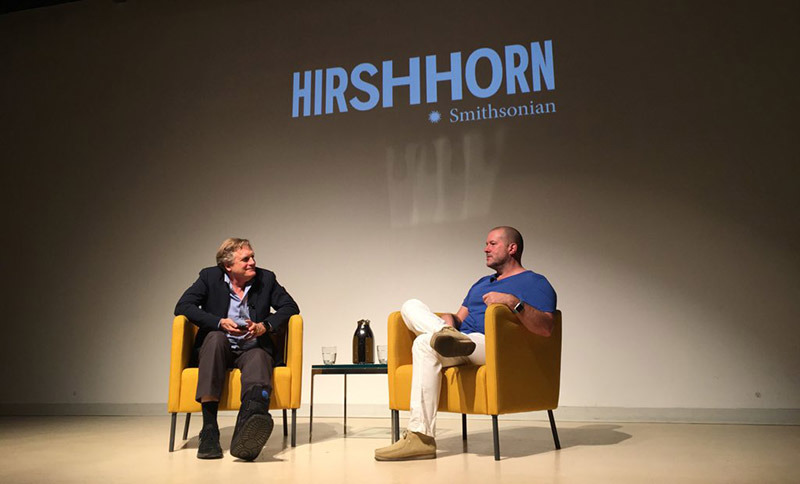
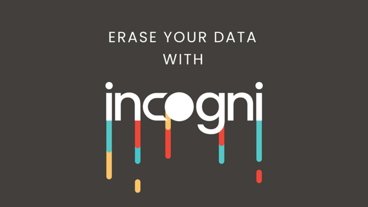






-m.jpg)






 Christine McKee
Christine McKee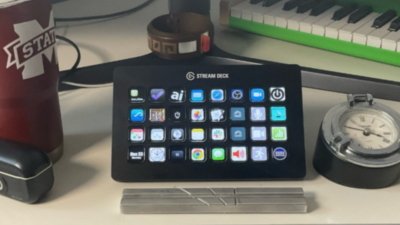
 William Gallagher
William Gallagher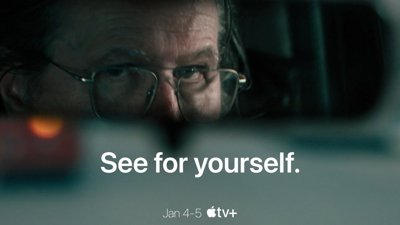
 Amber Neely
Amber Neely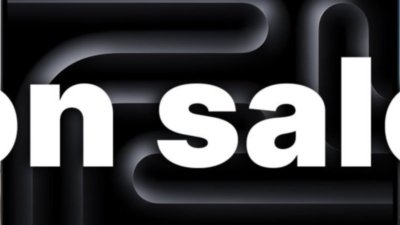
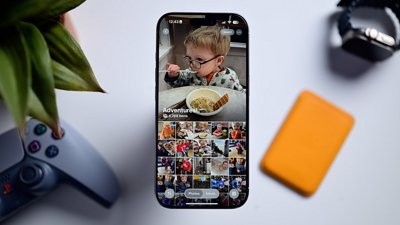
 Andrew O'Hara
Andrew O'Hara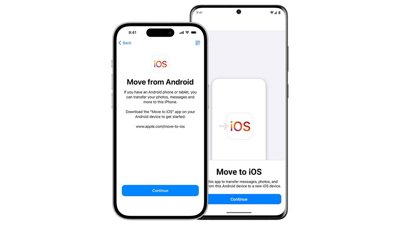
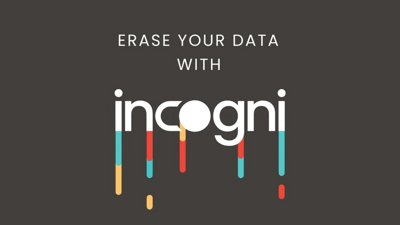
 Sponsored Content
Sponsored Content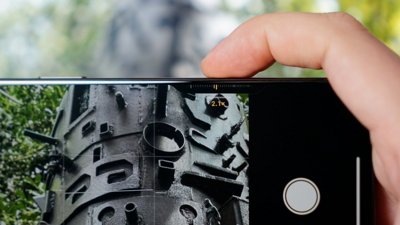
 Charles Martin
Charles Martin









14 Comments
Nothing very new in what Jony is saying here. One thing though about Steve Jobs and the fact that the apple culture he nurtured will never disappear...i think that he underestimates the effect of time (let’s project Apple 20 years from now...) and another important fact being that it was a very special group of people (Steve, Jony, forstall,...) that created something special. Obviously Apple will do great things in the future but not with that founding group. And this we cannot change.
Another thing I am noticing lately with Jony is that he spend time to talk about the process of creativity, the process of ideas, the process of architecture and the workplace....he gives me the impression that he sits above Apple and is working on meta topics. Perhaps he is less involved on the day to day work (I don’t have inside knowledge so I don’t know for sure but that’s the impression I get)
I'd love to hear more about his team's workplace dynamic in terms of being aligned around the notion of implicit and pervasive trust. So many companies today, and for many decades prior, still subscribe to an outdated model of implicit distrust that is evidenced by soul crushing practices like annual performance reviews, forced ranking, zero sum game based merit increases, and many other outdated yet HR mandated practices. The workplace dynamic hasn't evolved much from its origins in ancient piecework factories and coal mines where everyone was little more than a fungible chunk of human capital. If Jony really has a single team that has stayed together, learned together, and evolved together in a culture of mutual trust is simply amazing and rivals the best of his design accomplishments.
Applause 👏🏾 for the writer. This was a very good summary.
The only change I would make:
Critics have panned Apple's new campus as too large, too complex or simply grandiose. Ive disagrees. “Well, f**k ‘em”, he said.